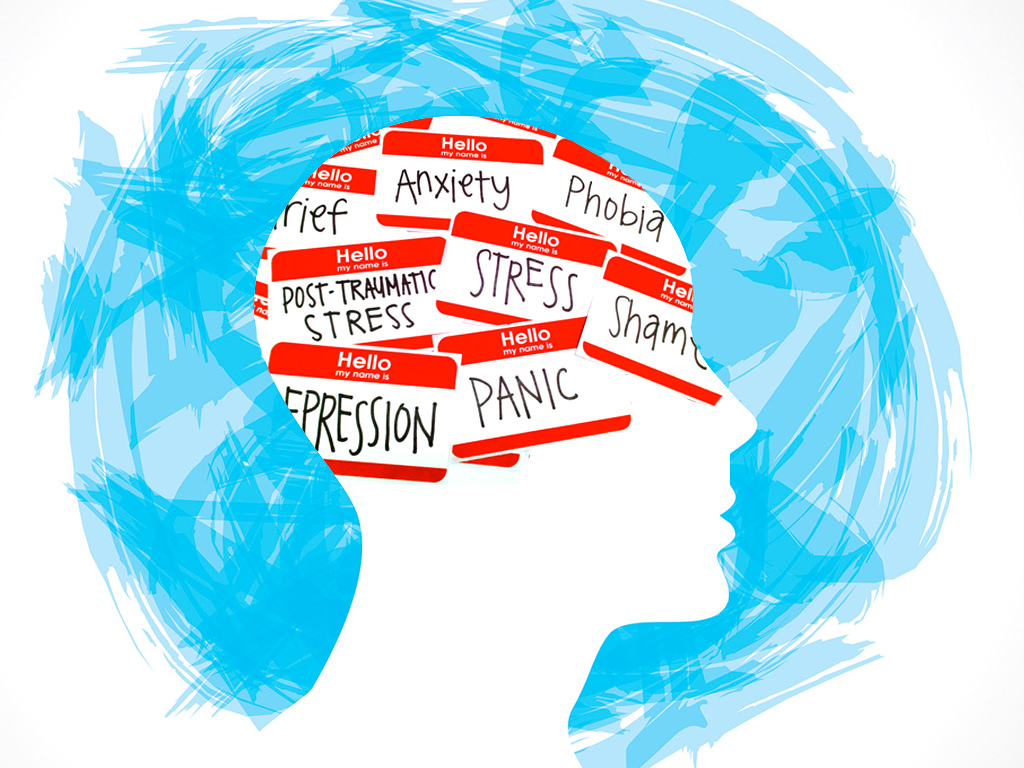In recent years, the issue of teen mental health has gained significant attention across the United States, including in Arizona. Adolescence is a crucial stage of life marked by rapid physical, emotional, and cognitive development, making it a vulnerable period for mental health challenges. Addressing these issues effectively requires a comprehensive approach that moves beyond mere awareness towards actionable solutions. In Arizona, various initiatives and programs are underway to support teen mental health, aiming to bridge the gap between awareness and tangible interventions.
Understanding the Challenge
Teen mental health arizona are multifaceted, influenced by a combination of biological, psychological, and environmental factors. High-stress environments, academic pressures, family dynamics, and social media usage contribute to the prevalence of conditions such as anxiety, depression, and substance abuse among adolescents. According to recent studies, Arizona has seen an increase in teen suicide rates, highlighting the urgent need for intervention and support systems.
Initiatives Promoting Awareness
Raising awareness is the first step towards addressing teen mental health challenges in Arizona. Numerous organizations and agencies are actively involved in spreading awareness about the importance of mental health and destigmatizing seeking help. School-based programs, community workshops, and online campaigns are some of the channels utilized to reach teenagers, parents, educators, and healthcare professionals. By fostering open conversations and providing accurate information, these initiatives aim to reduce the stigma surrounding mental illness and encourage early intervention.
Access to Mental Health Resources
Despite growing awareness, many teens in Arizona still face barriers when it comes to accessing mental health resources. Limited availability of affordable counseling services, long wait times for appointments, and inadequate insurance coverage pose significant challenges for adolescents seeking help. Recognizing this issue, policymakers and healthcare providers are working to improve access to mental health care through initiatives such as school-based counseling programs, telehealth services, and partnerships with community organizations. By expanding the reach of mental health resources, these efforts aim to ensure that every teenager in Arizona has access to the support they need.
Early Intervention and Prevention
Prevention is key when it comes to addressing teen mental health issues. Early identification of risk factors and timely intervention can prevent minor concerns from escalating into more serious conditions. Schools play a crucial role in this process by implementing screening programs, training staff to recognize signs of distress, and providing support services to at-risk students. Additionally, community-based programs focusing on resilience-building, coping skills, and stress management equip teenagers with the tools they need to navigate the challenges of adolescence effectively.
Holistic Approaches to Treatment
Effective treatment of teen mental health issues requires a holistic approach that addresses the underlying causes and considers the individual’s unique circumstances. In Arizona, there is a growing emphasis on integrating mental health care with other aspects of adolescent wellness, such as physical health, nutrition, and social support. Collaborative care models involving multidisciplinary teams of healthcare professionals, including psychologists, psychiatrists, pediatricians, and social workers, are being implemented to provide comprehensive support to teenagers and their families.
Empowering Teens and Families
Empowering teenagers and their families to take an active role in managing mental health is essential for long-term success. Psychoeducation programs, support groups, and peer mentoring initiatives offer valuable resources and guidance to adolescents and their caregivers. By fostering a sense of agency and resilience, these programs enable teenagers to advocate for their own mental health needs and seek help when necessary. Additionally, family-focused interventions aim to strengthen communication, improve coping skills, and create a supportive home environment conducive to mental well-being.
Conclusion
Addressing teen mental health issues in Arizona requires a concerted effort from all sectors of society, from policymakers and healthcare providers to educators, parents, and teenagers themselves. By moving beyond awareness towards actionable solutions, the state can create a supportive environment where every teenager has access to the resources and support they need to thrive. Through a combination of prevention, early intervention, holistic treatment approaches, and empowerment initiatives, Arizona can pave the way for a brighter future for its youth, where mental health is prioritized and supported at every level of society.
In conclusion, tackling teen mental health challenges in Arizona requires a multifaceted approach that combines awareness, access to resources, early intervention, holistic treatment, and empowerment. By addressing these issues comprehensively, Arizona can create a supportive environment where teenagers can flourish mentally, emotionally, and socially.










